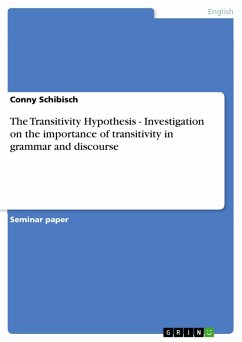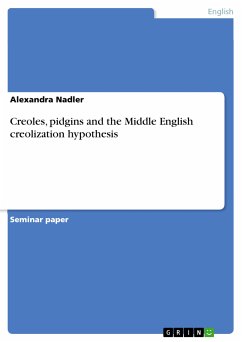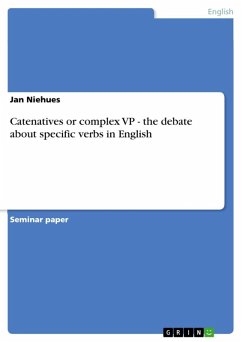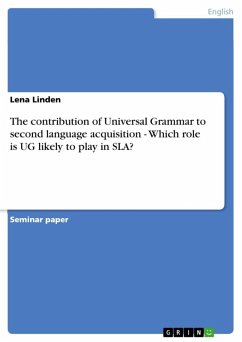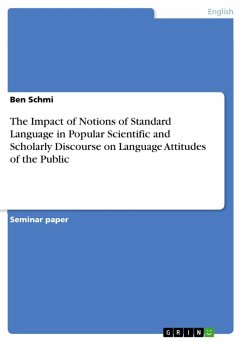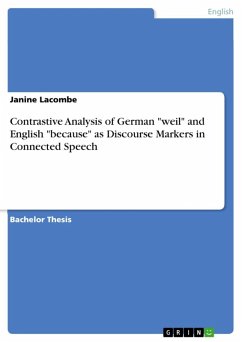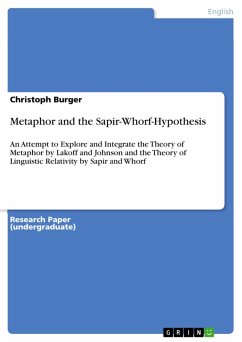Seminar paper from the year 2006 in the subject English Language and Literature Studies - Linguistics, grade: 1,3, University of Dusseldorf "Heinrich Heine" (Department of English Language and Linguistics), course: Seminar: English Functional Syntax, language: English, abstract: As a learner of languages in general and of English in particular, sooner or later one comes across transitive and intransitive verbs. For most of the learners this only means that there are these verbs, which take a direct object (transitive) and those, which do not (intransitive). (1) Susan left. (2) He is writing something. When comparing example (1) and (2), the average student of EFL 1 would claim the second one to be transitive, while the first one would be described as intransitive. For learners at school this explanation might be sufficient, but as a linguist the notion of Transitivity goes far beyond the simple declaration of verbs to be object-taking or not. In this paper special interest will focus on the notion of Transitivity. The observations are based on a study made by Paul J. Hopper and Sandra A. Thompson 2 published in 1980, which focuses on the importance of Transitivity in grammar and discourse 3 . The first part of the paper presented here will explain the notion of Transitivity according to the results of the study by Hopper/Thompson. The second part will draw attention to the universality of Transitivity. The question arises in how far Transitivity is essential to language. Why does the speaker of a language use Transitivity within a speech and how does he do so? Therefore, the main focus of the third part will lie on the pragmatic function of Transitivity, which means the importance of it as a discourse determiner. Especially the role of Transitivity in Foregrounding in discourse will be looked at. The writer of this paper tries to find own examples, if possible, but when it comes to universality and the corpus investigation, only examples of the original study can guarantee the verification of the theory. [...]
Dieser Download kann aus rechtlichen Gründen nur mit Rechnungsadresse in A, B, BG, CY, CZ, D, DK, EW, E, FIN, F, GR, HR, H, IRL, I, LT, L, LR, M, NL, PL, P, R, S, SLO, SK ausgeliefert werden.
Hinweis: Dieser Artikel kann nur an eine deutsche Lieferadresse ausgeliefert werden.

